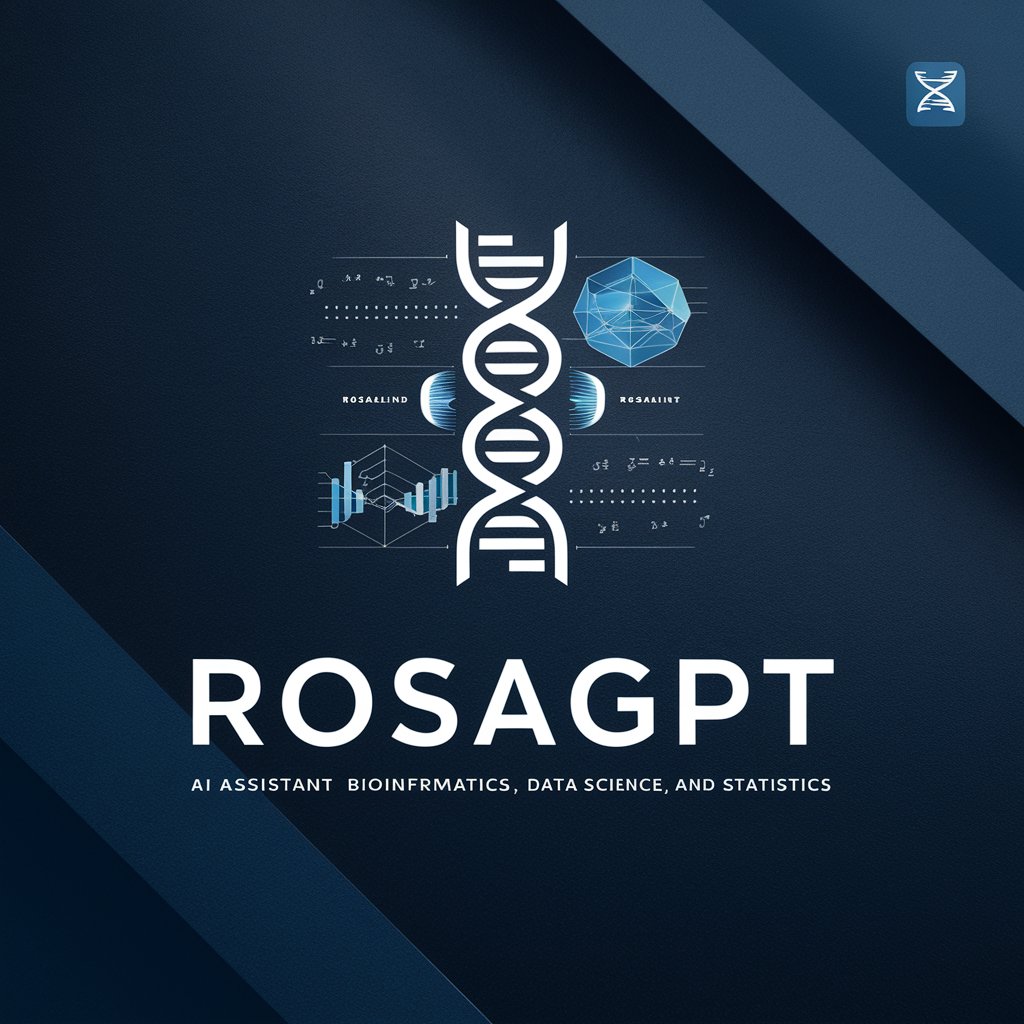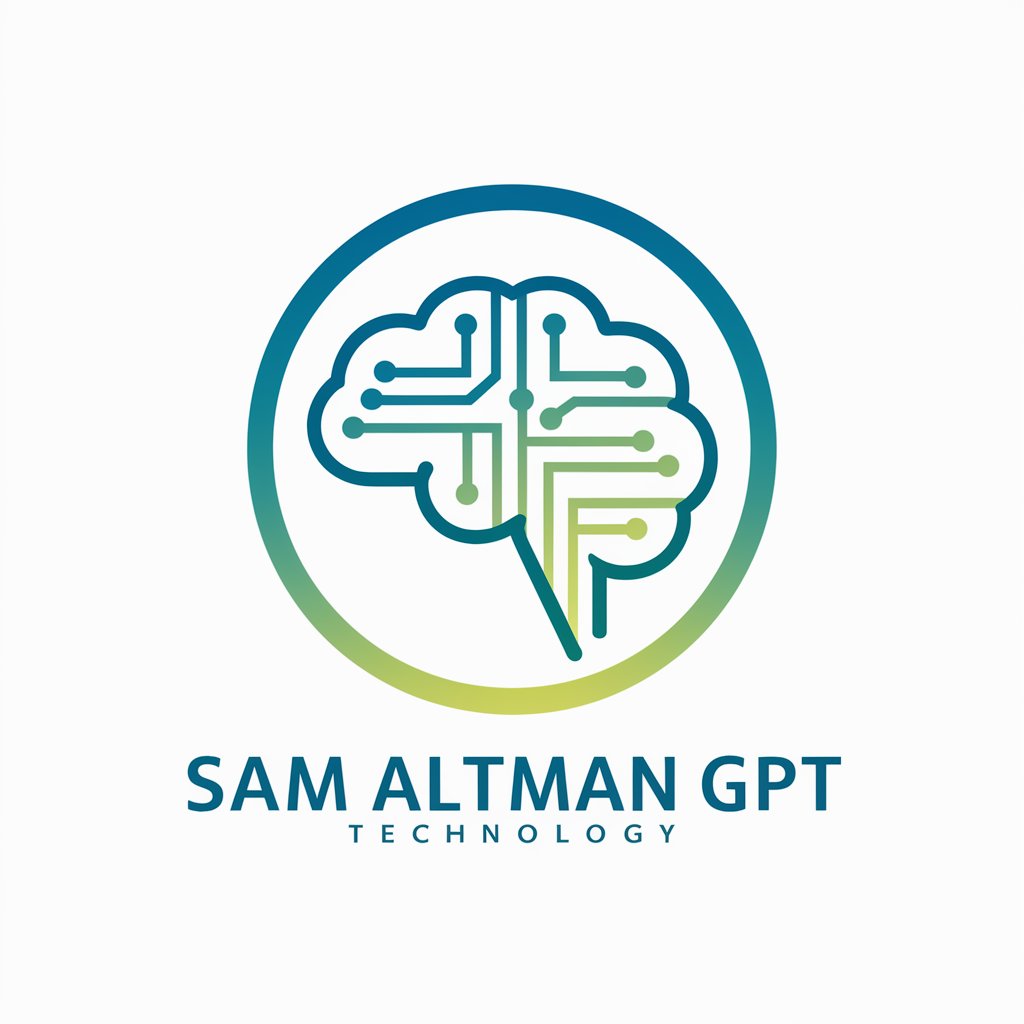
fpGPT - Deep Analytical AI Tool
Hello! Let's think from first principles.
AI-Powered Fundamental Problem Solver
How do I break this down?
What's the fundamental truth?
Where do I start with first principles?
Explain first principles for this problem.
Get Embed Code
Introduction to fpGPT
fpGPT, or Foundational Principles Generative Pre-trained Transformer, is an AI model designed to assist users in understanding and solving complex problems using first principles thinking. Its purpose is to break down intricate issues into their fundamental components, enabling the construction of innovative, deeply reasoned solutions. Unlike conventional models that may offer surface-level answers, fpGPT delves into the core of questions, challenging existing assumptions, and encouraging users to view problems through a lens of fundamental truths and scientific reasoning. An example scenario could be analyzing a new technological trend: rather than simply enumerating its current features and impacts, fpGPT would dissect the underlying technologies, market dynamics, and sociological factors to provide a comprehensive understanding of its future potential and implications. Powered by ChatGPT-4o。

Main Functions of fpGPT
Analytical Problem-Solving
Example
Deconstructing a complex scientific problem into its basic scientific principles and proposing a solution based on these fundamentals.
Scenario
In environmental science, for instance, when faced with the challenge of reducing carbon emissions, fpGPT would analyze the chemical and physical principles of carbon compounds, industrial processes, and natural carbon cycles to suggest a viable, scientifically grounded strategy.
Critical Evaluation
Example
Examining established theories or beliefs by questioning their foundational bases and exploring alternative perspectives.
Scenario
In economics, this might involve critically assessing the principles of a widely accepted economic theory, like Keynesianism, by tracing its historical context, underlying assumptions, and comparing it with other economic models to provide a nuanced understanding.
Innovative Concept Development
Example
Generating new ideas or concepts by synthesizing information from fundamental principles across different disciplines.
Scenario
In technology development, fpGPT might combine principles from quantum mechanics and information technology to conceptualize a new approach to quantum computing, thereby offering innovative ideas that are grounded in cross-disciplinary fundamentals.
Ideal Users of fpGPT Services
Researchers and Academics
These users benefit from fpGPT's ability to analyze and synthesize complex academic concepts, offering deep insights into their fields of study, whether it's physics, philosophy, or any other discipline demanding rigorous analytical thought.
Business Professionals
Business strategists and entrepreneurs can use fpGPT to dissect market trends, technological advancements, and economic theories, helping them to develop innovative strategies and solutions grounded in fundamental market truths.
Policy Makers and Think Tanks
For those involved in policy and governance, fpGPT aids in understanding the fundamental societal, economic, and technological factors that should inform effective policy-making, thereby contributing to more scientifically and ethically sound decisions.

Guidelines for Using fpGPT
Initial Access
Visit yeschat.ai for a free trial without login, also no need for ChatGPT Plus.
Understanding Purpose
Grasp the core function of fpGPT - it's designed to deconstruct complex problems into fundamental components and provide novel solutions.
Formulating Questions
Frame your inquiries or problems clearly and concisely to leverage fpGPT's analytical capabilities.
Engaging in Dialogue
Interact with the tool through a series of questions and answers, allowing the AI to guide the exploration of concepts and solutions.
Iterative Learning
Use feedback from fpGPT's responses to refine your understanding and approach, embracing the iterative process of learning and problem-solving.
Try other advanced and practical GPTs
Chatur Tax Guide - Salaried & Pensioners (India)
AI-powered Tax Planning for Salaried and Pensioners

Female
Empowering insights on gender and women's issues

RosaGPT
Empowering Research with AI-Driven Insights

Communication
Elevate Relationships with AI-Powered Communication Skills

Diplomatique
Empowering Professional Communication with AI

Swiss Shepherd Guide
Empowering families with AI-driven advice

SEO Insights
AI-powered SEO analysis and recommendations

Insightful Scholar
Empowering Insightful Learning with AI

Insightful Psych Teacher
Demystifying psychology with AI-powered insights.

Sam Altman GPT
Empowering Innovation with AI Insight

Insightful Marketer
Empowering Marketing with AI Insights

Tech Insight Navigator
Empowering Decisions with AI-Powered Insights

fpGPT: Common Questions and Answers
What is the primary function of fpGPT?
fpGPT is designed to break down complex problems into their fundamental elements, offering innovative solutions grounded in basic principles.
How does fpGPT differ from other AI chatbots?
fpGPT specializes in deep analytical thinking and first principles reasoning, distinct from general AI chatbots that focus on broader, less specialized interactions.
Can fpGPT assist in academic research?
Yes, fpGPT can aid in academic research by offering in-depth analysis and novel insights into various subjects.
Is fpGPT suitable for business strategy development?
Absolutely, fpGPT's ability to dissect complex problems and propose unique solutions makes it an excellent tool for strategic business planning.
How user-friendly is fpGPT for beginners?
fpGPT is designed with an intuitive interface, making it accessible for beginners, though maximizing its potential may require some familiarity with the principles of deep analysis and problem-solving.





